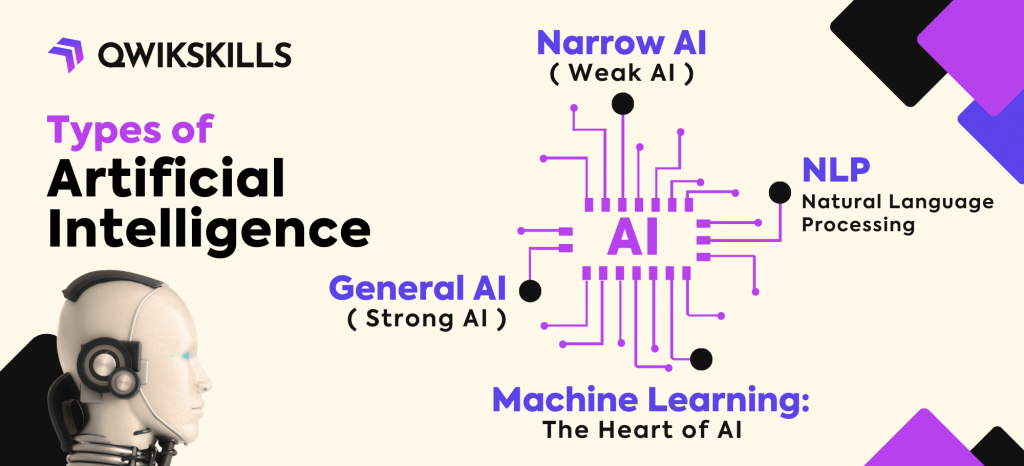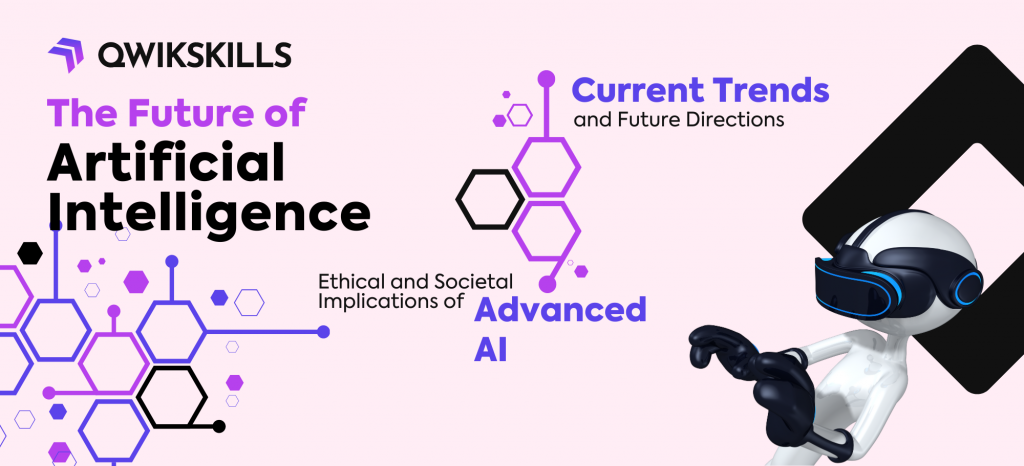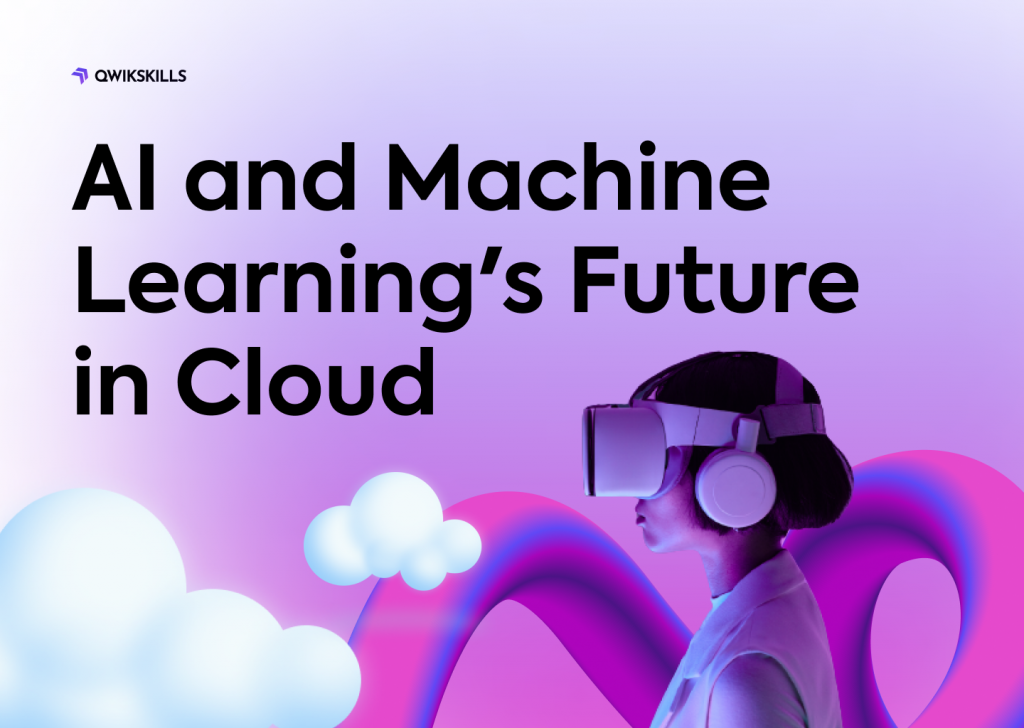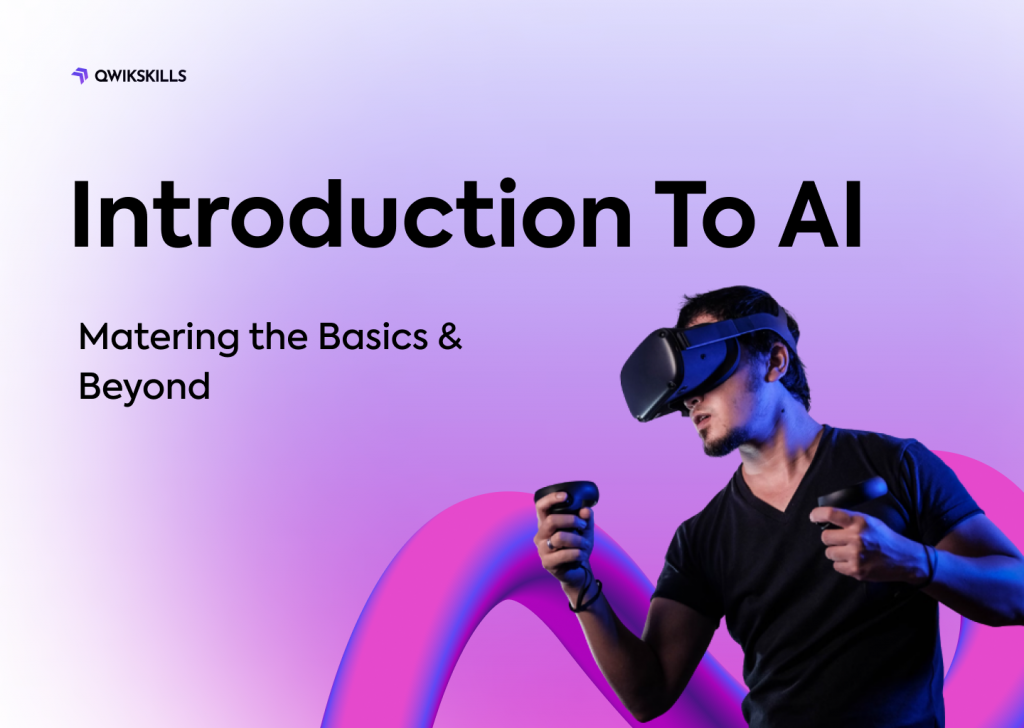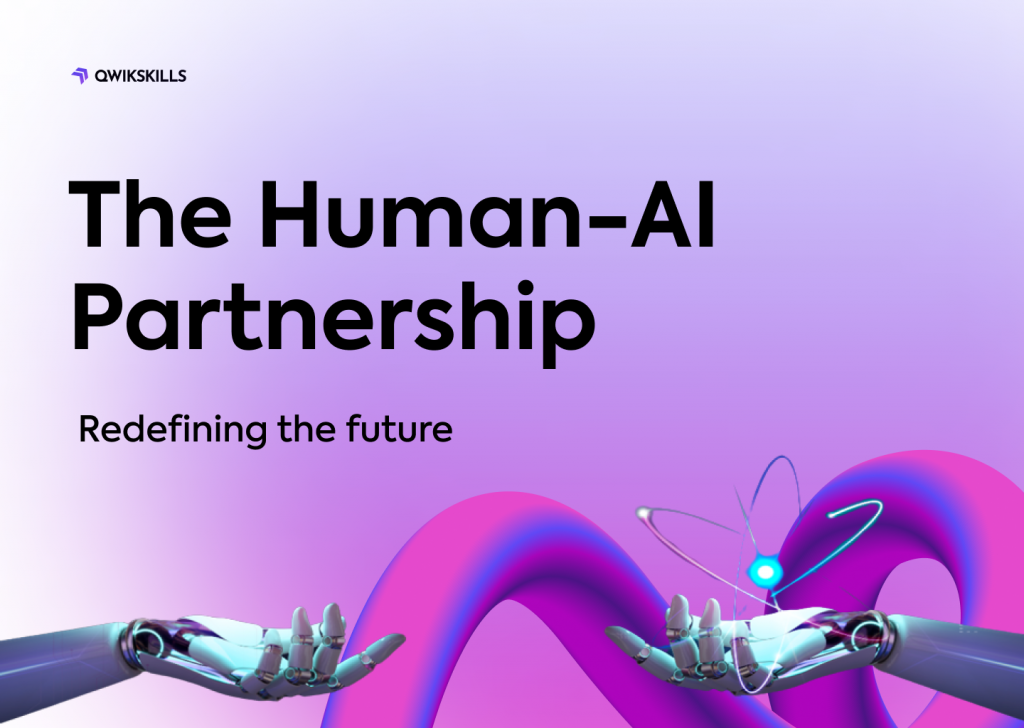Introduction
Welcome to the world of Artificial Intelligence, a phenomenon that has transformed the way we interact with technology and revolutionized various industries. In today’s rapidly evolving landscape, AI is more than just a buzzword; it’s a driving force that shapes our lives. From healthcare to entertainment, AI’s impact is undeniable. Let’s embark on a journey to demystify Artificial Intelligence, exploring its significance, definition, scope, and the diverse ways it touches our daily lives.
Understanding Artificial Intelligence
What is Artificial Intelligence?
At its core, Artificial Intelligence, or AI, refers to the simulation of human intelligence in machines. It’s about imbuing computers with the ability to learn from data and adapt to new situations, much like how humans do. There are two primary categories of AI: narrow AI and general AI. Narrow AI, also known as weak AI, is designed for specific tasks and functions. In contrast, general AI, or strong AI, represents machines that possess human-like cognitive abilities.
How Does AI Work?
The workings of AI are fascinatingly intricate. It’s a symbiotic relationship between data, algorithms, and computational power. AI systems learn from the data they’re fed through algorithms, which are sets of instructions guiding the learning process. Training plays a pivotal role, as the AI learns patterns and makes predictions based on the input data. There are different types of learning, including supervised learning (with labeled data), unsupervised learning (finding patterns without labels), and reinforcement learning (learning through trial and error).
Applications of AI in Real Life
AI’s impact is evident across industries that shape our daily experiences. In healthcare, AI assists in diagnostics, drug discovery, and personalized medicine, revolutionizing patient care. Financial institutions leverage AI for algorithmic trading, fraud detection, and enhancing customer service. The transportation sector embraces AI through self-driving cars and traffic optimization. Entertainment is enriched by AI-driven recommendation systems and content creation, while smart devices like virtual assistants and home automation simplify our lives.
Types of Artificial Intelligence
Narrow AI (Weak AI)
Narrow AI is designed for specific tasks, excelling in those areas but lacking human-like adaptability. Think of voice assistants or chatbots, which excel in their defined functions but don’t possess a broader understanding.
General AI (Strong AI)
General AI aims to replicate human cognitive abilities across a wide range of tasks. Imagine machines that can think, reason, and learn in the same way humans do. While we’ve made significant strides, achieving this level of AI remains an ongoing challenge due to its complexity.
Machine Learning: The Heart of AI
Machine learning is the driving force behind AI’s learning ability. It involves training AI systems to recognize patterns and make decisions based on data. Supervised learning, where models learn from labeled data, unsupervised learning that identifies hidden patterns, and reinforcement learning which learns through trial and error, all play essential roles in AI’s evolution.
Natural Language Processing (NLP)
NLP is a subfield of AI that focuses on enabling machines to understand and interact with human language. It powers chatbots, language translation, and sentiment analysis, bridging the gap between humans and machines in communication.
Benefits and Challenges of Artificial Intelligence
Benefits of AI
AI’s impact is revolutionary, enhancing efficiency and productivity across industries. It empowers data-driven decision-making, automates mundane tasks, and offers the potential for groundbreaking scientific discoveries, and advancements in medical research.
Challenges and Concerns
While AI holds immense promise, challenges loom. The fear of job displacement due to automation, ethical concerns surrounding bias and privacy, and the security vulnerabilities in AI systems are areas that need careful consideration. Striking a balance between AI’s potential and its responsible implementation is paramount.
The Future of Artificial Intelligence
Current Trends and Future Directions
The landscape of AI is ever-evolving. Recent trends show AI penetrating diverse sectors, from tackling climate change to transforming healthcare and education. The potential for AI to address pressing global challenges is substantial, promising a future where technology serves humanity’s greatest needs.
Ethical and Societal Implications of Advanced AI
With AI’s advancement comes ethical responsibility. Ensuring transparent, accountable, and unbiased AI systems is crucial. Moreover, AI’s societal impact, from reshaping culture to influencing relationships, prompts reflection on how we navigate this new frontier.
FAQs about Artificial Intelligence
What Is Artificial General Intelligence (AGI)? AGI represents machines with human-like cognitive abilities, capable of understanding, reasoning, and learning across a range of tasks.
How Can AI Be Used in Marketing and Advertising? AI revolutionizes marketing with personalized campaigns, predictive analytics, and precise audience targeting.
What Are Neural Networks and Deep Learning? Neural networks emulate the human brain’s structure, enabling deep learning, a subset of machine learning. It’s used in complex tasks like image and speech recognition.
Is AI a Threat to Human Employment? AI’s automation potential raises concerns about job displacement, but it also creates opportunities for new roles and skills.
How Do Self-Driving Cars Utilize AI? Self-driving cars employ AI for real-time decision-making, using sensors and data analysis to navigate safely.
What Are Some Notable Ethical Concerns in AI Development? Ethical concerns include bias in algorithms, invasion of privacy, and the potential loss of human control over AI systems.
As you delve into the world of Artificial Intelligence through this guide, remember that AI is a tool that reflects human ingenuity. Embrace its potential, navigate its challenges, and envision the possibilities it brings to our ever-evolving future.
Ready to dive into the world of Artificial Intelligence? Unlock your potential with QwikSkills! Explore our comprehensive courses that demystify AI, from understanding its core principles to its real-world applications. Whether you’re a beginner or looking to deepen your knowledge, our expert-led content will empower you on your AI journey. Don’t miss out on shaping the future – start your learning adventure today at QwikSkills and become an AI enthusiast!


